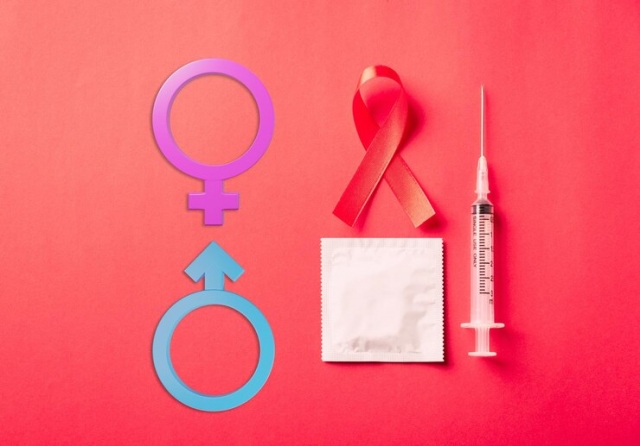Access to contraceptives is essential for empowering individuals to make informed decisions about their reproductive health, thereby promoting overall community well-being. Recognizing this, major organizations worldwide have implemented impactful programs addressing social, economic, and health-related challenges to enhance contraceptive access. World Contraception Day I plays a crucial role in raising awareness about the importance of contraceptive access and promoting informed reproductive health choices.
Understanding the Importance of Contraceptive Access
Ensuring access to contraception is crucial for supporting reproductive autonomy, preventing unintended pregnancies, and promoting equitable reproductive health. However, access varies widely across regions, leading to disparities in health information, methods used, and outcomes.
Role of Major Organizations in Supporting Contraceptive Access
-
Expanding Access to Quality Services
Organizations collaborate with local governments and health departments to provide safe and accessible contraceptive services globally. They develop culturally sensitive, evidence-based resources to help communities make informed decisions about contraception.
-
Training and Equipping Healthcare Providers
Major organizations focus on training healthcare providers to ensure consistent and high-quality contraceptive services. This training enables frontline workers to effectively and safely address diverse community needs, particularly in underserved regions.
-
Promoting Education and Awareness Initiatives
To combat social stigmas and misinformation, these organizations develop educational programs to raise awareness about contraception. Many programs coincide with global observances like World Contraception Day I, encouraging open conversations and informed choices on reproductive health.
-
Ensuring Distribution in Low-Resource Settings
Organizations prioritize reaching communities in low-resource and rural settings where contraceptive access can be challenging due to geographical or financial barriers. By building sustainable distribution systems, they help ensure contraceptive supplies reach those who need them most.
-
Developing Affordable and Accessible Technologies
Innovation is key, with some organizations focusing on user-centered contraceptive technologies that are affordable and accessible across diverse communities. Their data-driven, community-focused approach helps address specific local challenges in accessing contraception.
Collaborative Efforts to Improve Access
Collaborative efforts among these organizations are essential in addressing the complex issues around contraception. By aligning resources, knowledge, and strategies, these partnerships work to dismantle social and economic obstacles and establish sustainable contraceptive access. Partnerships with grassroots organizations are especially effective in adapting global strategies to fit local needs, ensuring that contraceptive programs are inclusive, accessible, and respectful of cultural values.
What SNEHA Offers
The Society for Nutrition, Education, and Health Action (SNEHA) is a Mumbai-based non-profit organization dedicated to improving the health and well-being of marginalized communities. SNEHA's initiatives focus on enhancing access to reproductive health services, particularly for adolescents and women in urban informal settlements. Through community mobilization, education, and capacity building, SNEHA empowers individuals to make informed reproductive health choices. Their programs, especially on World Contraception Day I, address the unique challenges faced by these communities, ensuring that contraceptive access is both available and culturally appropriate.
By collaborating with major organizations and focusing on community-specific needs, SNEHA contributes significantly to the global effort to enhance contraceptive access and promote reproductive health.






